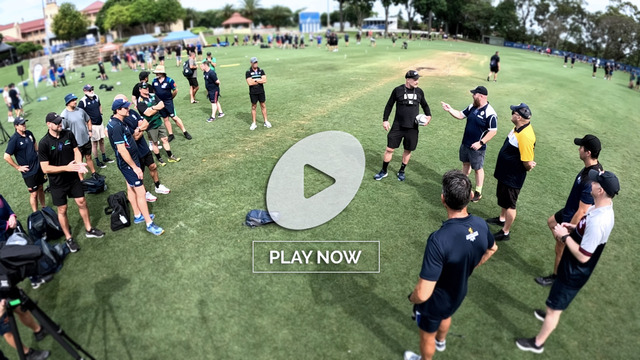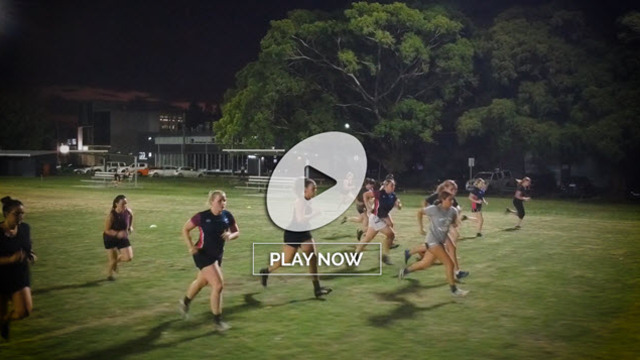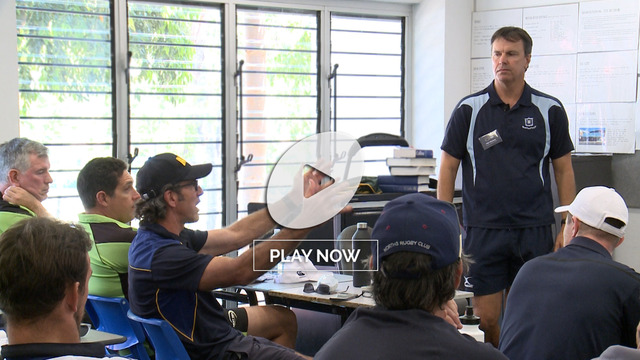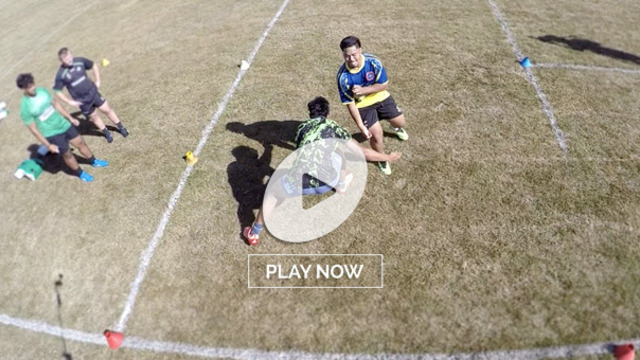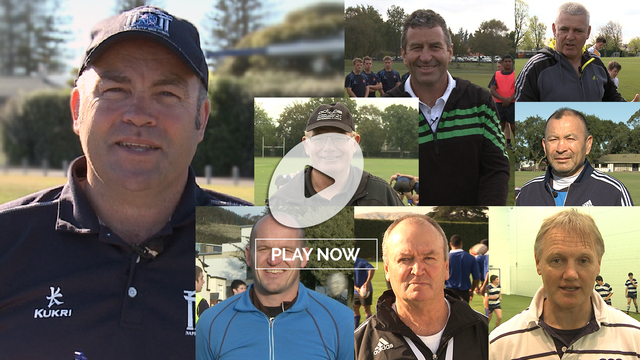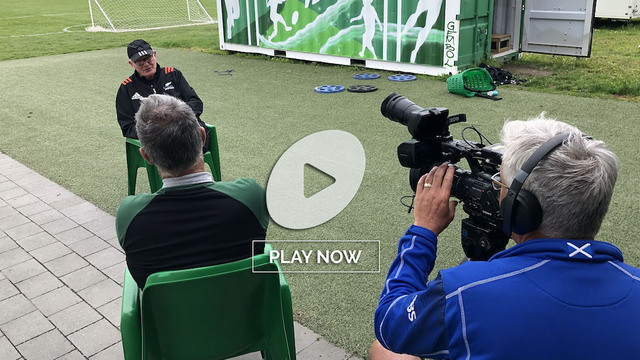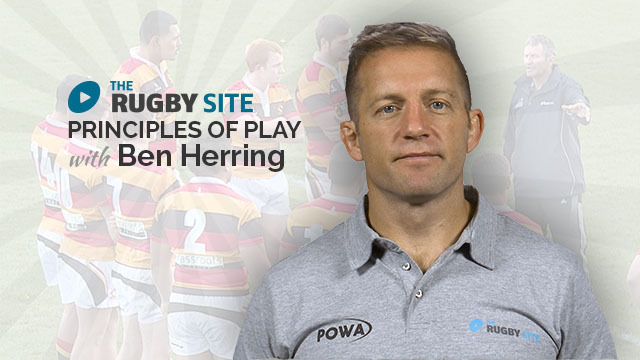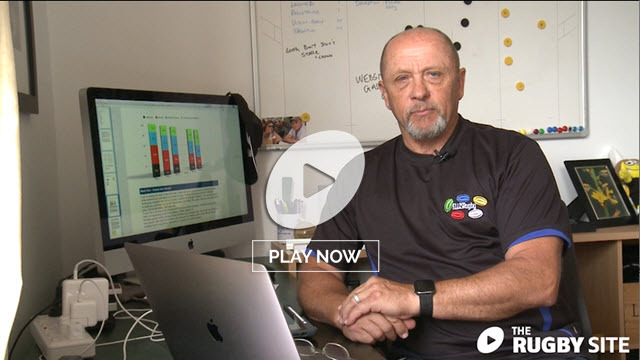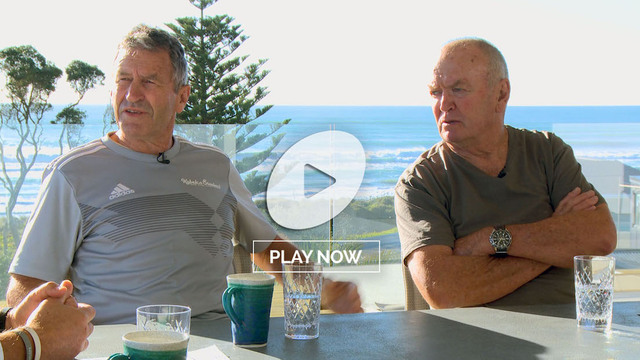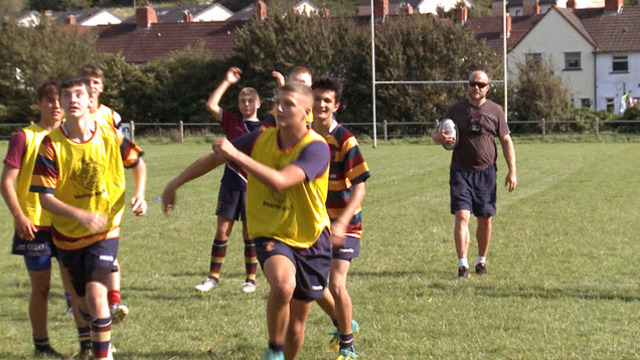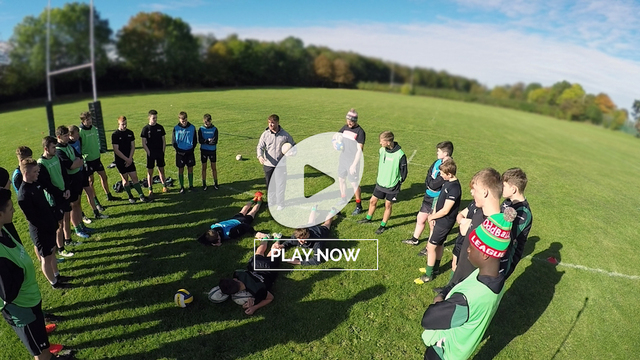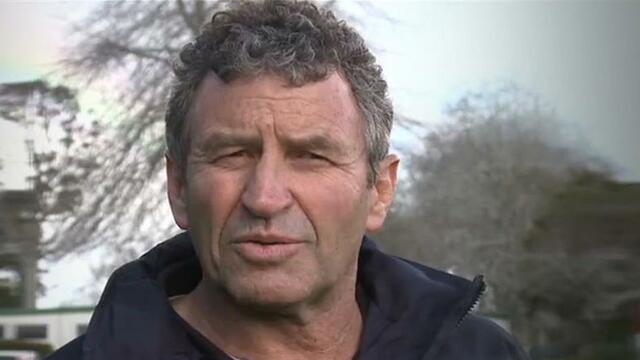In the cut-throat world of professional sport, coaches are rarely afforded second chances, especially when there are no distant memories of glory to suitably tint the glasses of the decision makers.
But one such coach was granted another go at a top job this week when Peter Moores was reappointed as the head coach of the England cricket team five years after his initial and far-from-spectacular 18 month-long tenure came to an end amid a painfully public row with batsman Kevin Pietersen.
The English Cricket Board’s decision to revisit a previous employee serves as a reminder that coaches, like players, are works in progress. They develop and grow with each experience and arguably take more from darker days than they do from success.
And those particularly driven to make their mark, such as England rugby boss Stuart Lancaster, are keen students and seek out and devour successful methods and techniques that have proved fruitful for other coaches or business leaders.
“You do learn from mistakes,” insisted Moores at his latest unveiling. The 51-year-old insists the last five years he has spent back in the county ranks have improved him as a coach. “It has been a great chance to reflect and develop. You ask players to develop, I’ve done that as well.”
The main reason for a lack of second chances may well be the financial pressure to deliver success and a return for investors but there is also the apparent near-constant quest to find a coach offering something new, fresh and inspirational. Many clearly assume that this can only be achieved with completely new personnel but this is unfair on those coaches open to change and on a career-long quest to better themselves and their teams. Success and failure can both be fleeting so should more coaches be given the opportunity to right the wrongs?
Moores is reportedly the first national coach to be re-appointed by one of England’s three leading sports – football, rugby and cricket – but if many rugby commentators had had their way then he would have been the second.
Time and time again Sir Clive Woodward was singled out as the man to ‘rescue’ England as they struggled to live up to their World Cup triumph in 2003. A third place in the 2004 Six Nations and frustration with off-field politics led to Woodward’s earlier than expected departure from the England job. His exit allowed him to concentrate on his duties with the British & Irish Lions having previously been appointed coach for the 2005 tour to New Zealand. The elite tourists were whitewashed 3-0 by the All Blacks but their coach also took a battering with his man-management, team selection and coaching methods the subject of widespread criticism.
Despite his role at the centre of what was labelled a disastrous tour, Woodward was continually linked with a return to the England hot seat in the ensuing years while he flirted with football before taking on a role with the British Olympic Association. He is still a widely respected and in-demand rugby mind although his expertise has long been confined to his media commitments and while he is more likely to return to HQ than successors such as Andy Robinson and Martin Johnson, the Rugby Football Union are unlikely to hand him the reins again.
Another World Cup-winning coach, former South Africa boss Jake White, is another often linked with a return to the site of former glories but is yet to pull on the Springbok blazer once again. Unlike Woodward, he has made no secret of a desire to return to the international stage and his recent return to South Africa suggests he has some unfinished business with the Boks having parted company in surprising fashion in the wake of the 2007 World Cup triumph. Like the RFU, the South African Union are not short of world-class coaches.
Only one major nation – Scotland – has appointed the same head coach twice and they have done so on two occasions. It may surprise you but it is maybe understandable when you know those coaches are Jim Telfer and Sir Ian McGeechan.
Telfer took charge of the Scots in the early 1980s and then again a decade later, either side of McGeechan’s first stint that included a Five Nations Grand Slam in 1990 and a Rugby World Cup semi-final appearance the following year. His second spell as coach at the start of this century failed to hit those heights but the Scottish Rugby Union can be forgiven for returning to one of the greatest coaches the game has ever seen. By that stage, McGeechan’s legendary status was assured thanks largely to another side’s faith in his coaching prowess and willingness to reappoint someone who has previously held the role.
The British & Irish Lions have appointed McGeechan as head coach on a total of four occasions to date – 1989, 1993, 1997 and 2009 – with his success on his first tour, along with his service as a player and understanding of every aspect of the elite tourists, largely fuelling that faith.
Learn from 2013 winning British & Irish Lions coach Warren Gatland.
Such was the relationship between the two that McGeechan was tasked with returning the Lions to respectability after the 2005 tour where he served as an assistant to Woodward. The Lions had no qualms about repeatedly approaching McGeechan safe in the knowledge he was the best man for the job despite the odd blip along the way from which the studious Scot will no doubt have learnt a great deal.
Perhaps that is a lesson for other teams at both national and club level not just in rugby but all sports? Second chances may become more common in the future but don’t hold your breath. Such are the demands of pro sport you sense that the chances of David Moyes being Manchester United’s ‘chosen one’ for a second time are somewhat remote.
Should more coaches in professional sport be given second chances? How do you continue to learn and develop as a coach?






